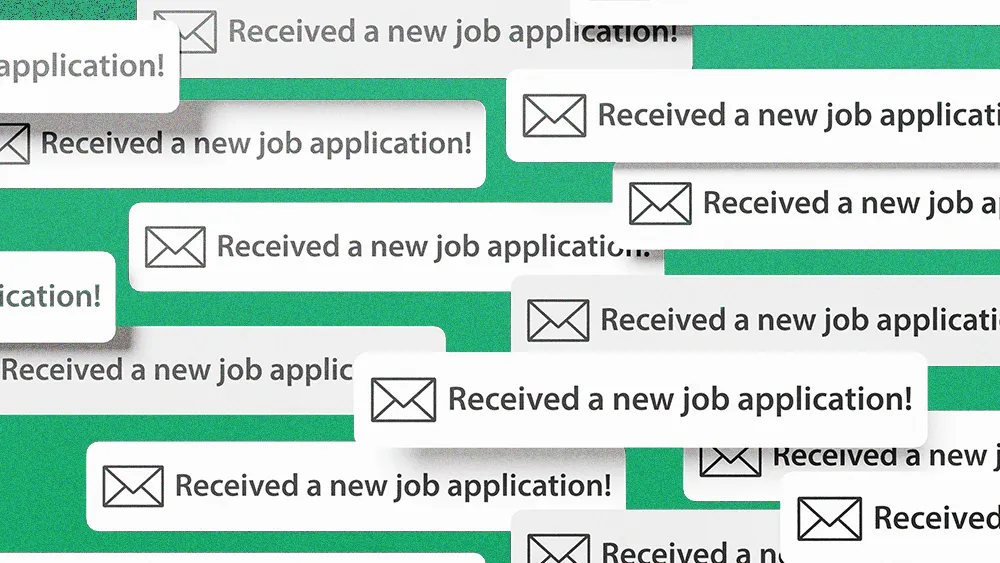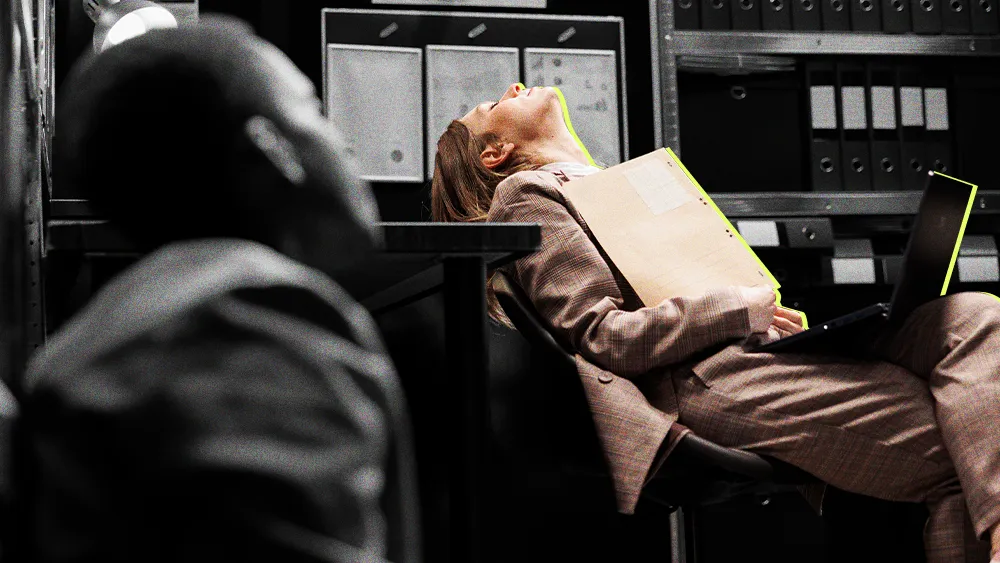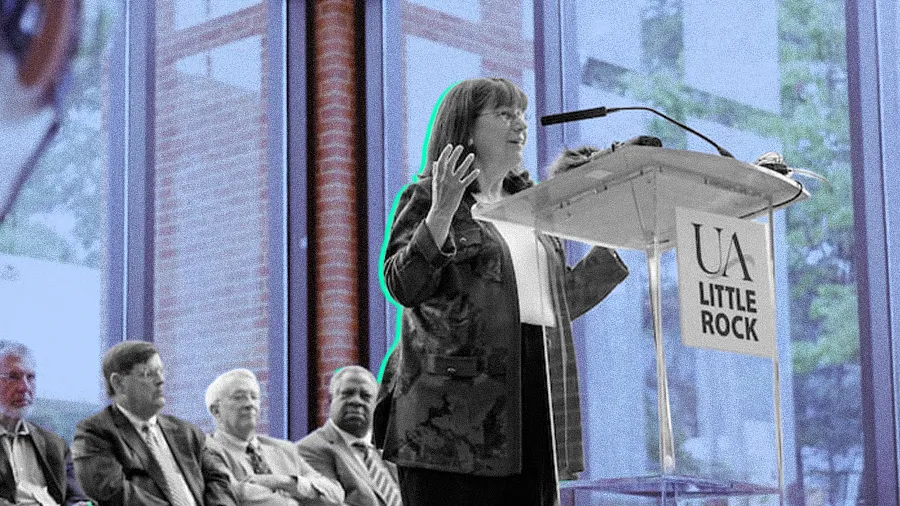BambooHR’s new ‘Swift Shift’ report highlights the value of cultural moments as workplace currency
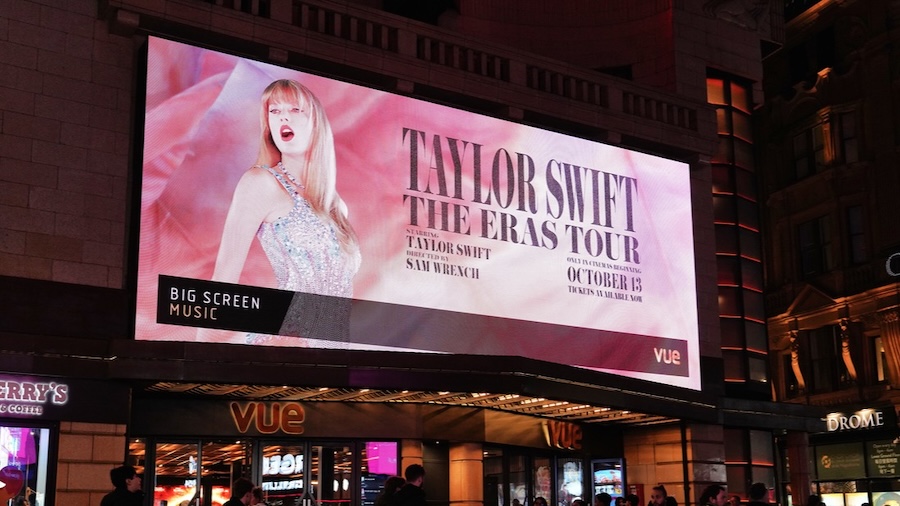
Key Points
As remote work erases the traditional office “water cooler,” pop culture moments are a powerful tool for workplace connection.
A new report shows Taylor Swift’s impact on the workplace and outlines how HR can leverage it to strengthen team culture.
Steve Cadigan, LinkedIn’s first CHRO, argues that Swift’s career is a “masterclass” in resilience and strategy, turning a potential career-ending setback into a victory we can all learn from.
Other experts share that these communal cultural moments build a culture of trust and psychological safety, which is foundational for high-performing teams.
You don't expect your SVP to be a reality TV junkie, or the person at the desk next to you to be a secret Swiftie. But those surprises are what make work culture richer.
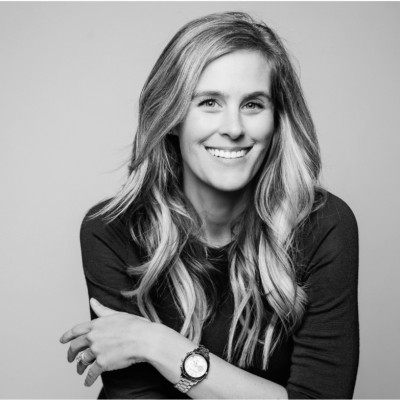
Ericka Houck
Public Relations Expert
Hybrid work, remote teams, and fragmented media have redefined connection. The cultural moments that can transcend those barriers are the new workplace currency. Whether it’s a viral Netflix finale, a Super Bowl victory, or celebrity relationships, shared experiences go beyond water cooler chatter. They are catalysts for trust, inclusion, and engagement.
Nowhere is this phenomenon more apparent than the global conversation surrounding Taylor Swift. Her career and the recent news of her engagement to Travis Kelce have become unifying cultural touch points. A new report shows the impact of Swift on corporate culture with 22% of salaried employees saying they heard about her engagement at work and 6% planning to take off for her next album release date. But savvy leaders see more than just headlines. They see a playbook for building connection internally and a stronger brand externally.
Shared moments build trust: “Shared, non-work moments are essential to build trust and rapport,” says Annie Tsai, COO at Interact and board leader at Moms in Tech. For her, the Swift-Kelce engagement exemplified how rare, zeitgeist-defining events create natural opportunities for connection, acting as a great equalizer across teams and seniority. “When Taylor Swift announces her engagement, both a CEO and an intern can relate to that,” says Kevin Grunewald, a Talent Acquisition Sourcer at Empower Pharmacy.
This shared ground is crucial for humanizing our colleagues. “You don’t expect your SVP to be a reality TV junkie, or the person at the desk next to you to be a secret Swiftie,” explains public relations expert Ericka Houck. “But those surprises are what make work culture richer.” These “microcommunities,” are built around shared interests, creating safe spaces for employees to bring their whole selves to work.
More than her cultural icon status or natural ability to connect coworkers, experts look to Swift as a business leader offering lessons in resilience, branding, and authenticity.
Authentic engagement: For Bella Bayma, Manager of Recruiting at Contentful, Travis Kelce’s public courtship of Swift was a “masterclass in modern recruiting,” demonstrating how “perseverance and leading with authenticity can result in a big win.” This mirrors Swift’s own strategy of direct engagement. As Amy Burrows, VP of Digital at Venus Media, points out, Swift announces news directly to her fans, making them feel personally invested. “She went right to the people who follow her and are cheering for her,” Burrows says.
Crisis management as opportunity: Perhaps the most powerful lesson comes from Swift’s response to losing ownership of her master recordings. Steve Cadigan, LinkedIn’s first CHRO, calls her decision to re-record her entire catalog “three-dimensional chess.” He explains, “She rendered the originals virtually worthless—turning a potential career-ending setback into one of the most important business moves in modern music.”
Building a ‘goodwill bank’: This resilience is built on a deep well of trust with her audience. Cadigan argues leaders must build a similar “bank of goodwill” within their organizations, so that when mistakes happen, they get the benefit of the doubt.
This trust creates psychological safety, which is a prerequisite for innovation and performance. For Shawna Brothers, Director of Operations & Talent at Foresight Recruitment Group, the core lesson from Swift’s impact was that “it’s cool to be kind.” She argues, “If we want productivity, high performers, and to get ‘rock stars’ in our organizations, it needs to be a safe place for people to be themselves.” Paula Ximena Mejia, VP of Marketing at Wix, echoes this, rejecting a corporate world where employees are “emotionless, history-less bodies.” A culture that embraces authenticity, she says, is more creative and productive.
The biggest lesson? Harnessing pop culture in the workplace requires intentionality. Leaders can move from passive observation to active culture building by incorporating a few strategies from the experts.
Pivoting to the moment: Social media teams can adopt Kelsey Rogers‘ “main character rule,” acknowledging dominant cultural conversations to stay relevant. “Anything with Taylor takes over the conversation,” she says. “We leaned in, posting our mascot mimicking her album cover. It was one of our most successful posts on Instagram ever.”
Humanizing the hiring process: Bayma’s “buddy lunch” strategy empowers candidates to vet a company’s culture through an unscripted conversation with a future peer. “There’s no pressure, no evaluation. It’s just a chance for the candidate to ask questions about the offer and about our culture.”
Fostering microcommunities: Instead of “forced fun,” leaders can support employee-led “culture clubs” or themed Slack channels that allow organic connections to form, suggests Houck. “I’ve seen podcast clubs grow really popular, sometimes even bringing in the host or a guest as a speaker.”
Looking outside for inspiration: Cadigan agrees, advising leaders to actively “drink from different fountains” by bringing in diverse speakers and encouraging teams to find lessons in unconventional places—from pop stars to athletes.
The lines between personal and professional lives have irrevocably blurred. The most successful organizations will be those that embrace this new reality. Pop culture, with Taylor Swift as its current ambassador, offers a powerful and universally accessible tool for building a more connected, resilient, and authentic workplace. By recognizing these moments as opportunities for genuine human connection, leaders can build the trust and rapport that not only boost morale but drive the bottom line. Great businesses are built on relationships, and those relationships can often start with a simple question: “Did you see the news about Taylor Swift?”
If we want productivity, high performers, and to get 'rock stars' in our organizations, it needs to be a safe place for people to be themselves.

Shawna Brothers
Director of Operations & Talent
Foresight Recruitment Group
If we want productivity, high performers, and to get 'rock stars' in our organizations, it needs to be a safe place for people to be themselves.

Shawna Brothers
Director of Operations & Talent
Foresight Recruitment Group
Related articles
TL;DR
As remote work erases the traditional office “water cooler,” pop culture moments are a powerful tool for workplace connection.
A new report shows Taylor Swift’s impact on the workplace and outlines how HR can leverage it to strengthen team culture.
Steve Cadigan, LinkedIn’s first CHRO, argues that Swift’s career is a “masterclass” in resilience and strategy, turning a potential career-ending setback into a victory we can all learn from.
Other experts share that these communal cultural moments build a culture of trust and psychological safety, which is foundational for high-performing teams.

Ericka Houck
Public Relations Expert

Public Relations Expert
Hybrid work, remote teams, and fragmented media have redefined connection. The cultural moments that can transcend those barriers are the new workplace currency. Whether it’s a viral Netflix finale, a Super Bowl victory, or celebrity relationships, shared experiences go beyond water cooler chatter. They are catalysts for trust, inclusion, and engagement.
Nowhere is this phenomenon more apparent than the global conversation surrounding Taylor Swift. Her career and the recent news of her engagement to Travis Kelce have become unifying cultural touch points. A new report shows the impact of Swift on corporate culture with 22% of salaried employees saying they heard about her engagement at work and 6% planning to take off for her next album release date. But savvy leaders see more than just headlines. They see a playbook for building connection internally and a stronger brand externally.
Shared moments build trust: “Shared, non-work moments are essential to build trust and rapport,” says Annie Tsai, COO at Interact and board leader at Moms in Tech. For her, the Swift-Kelce engagement exemplified how rare, zeitgeist-defining events create natural opportunities for connection, acting as a great equalizer across teams and seniority. “When Taylor Swift announces her engagement, both a CEO and an intern can relate to that,” says Kevin Grunewald, a Talent Acquisition Sourcer at Empower Pharmacy.
This shared ground is crucial for humanizing our colleagues. “You don’t expect your SVP to be a reality TV junkie, or the person at the desk next to you to be a secret Swiftie,” explains public relations expert Ericka Houck. “But those surprises are what make work culture richer.” These “microcommunities,” are built around shared interests, creating safe spaces for employees to bring their whole selves to work.
More than her cultural icon status or natural ability to connect coworkers, experts look to Swift as a business leader offering lessons in resilience, branding, and authenticity.
Authentic engagement: For Bella Bayma, Manager of Recruiting at Contentful, Travis Kelce’s public courtship of Swift was a “masterclass in modern recruiting,” demonstrating how “perseverance and leading with authenticity can result in a big win.” This mirrors Swift’s own strategy of direct engagement. As Amy Burrows, VP of Digital at Venus Media, points out, Swift announces news directly to her fans, making them feel personally invested. “She went right to the people who follow her and are cheering for her,” Burrows says.
Crisis management as opportunity: Perhaps the most powerful lesson comes from Swift’s response to losing ownership of her master recordings. Steve Cadigan, LinkedIn’s first CHRO, calls her decision to re-record her entire catalog “three-dimensional chess.” He explains, “She rendered the originals virtually worthless—turning a potential career-ending setback into one of the most important business moves in modern music.”
Building a ‘goodwill bank’: This resilience is built on a deep well of trust with her audience. Cadigan argues leaders must build a similar “bank of goodwill” within their organizations, so that when mistakes happen, they get the benefit of the doubt.

Shawna Brothers
Foresight Recruitment Group
Director of Operations & Talent

Director of Operations & Talent
This trust creates psychological safety, which is a prerequisite for innovation and performance. For Shawna Brothers, Director of Operations & Talent at Foresight Recruitment Group, the core lesson from Swift’s impact was that “it’s cool to be kind.” She argues, “If we want productivity, high performers, and to get ‘rock stars’ in our organizations, it needs to be a safe place for people to be themselves.” Paula Ximena Mejia, VP of Marketing at Wix, echoes this, rejecting a corporate world where employees are “emotionless, history-less bodies.” A culture that embraces authenticity, she says, is more creative and productive.
The biggest lesson? Harnessing pop culture in the workplace requires intentionality. Leaders can move from passive observation to active culture building by incorporating a few strategies from the experts.
Pivoting to the moment: Social media teams can adopt Kelsey Rogers‘ “main character rule,” acknowledging dominant cultural conversations to stay relevant. “Anything with Taylor takes over the conversation,” she says. “We leaned in, posting our mascot mimicking her album cover. It was one of our most successful posts on Instagram ever.”
Humanizing the hiring process: Bayma’s “buddy lunch” strategy empowers candidates to vet a company’s culture through an unscripted conversation with a future peer. “There’s no pressure, no evaluation. It’s just a chance for the candidate to ask questions about the offer and about our culture.”
Fostering microcommunities: Instead of “forced fun,” leaders can support employee-led “culture clubs” or themed Slack channels that allow organic connections to form, suggests Houck. “I’ve seen podcast clubs grow really popular, sometimes even bringing in the host or a guest as a speaker.”
Looking outside for inspiration: Cadigan agrees, advising leaders to actively “drink from different fountains” by bringing in diverse speakers and encouraging teams to find lessons in unconventional places—from pop stars to athletes.
The lines between personal and professional lives have irrevocably blurred. The most successful organizations will be those that embrace this new reality. Pop culture, with Taylor Swift as its current ambassador, offers a powerful and universally accessible tool for building a more connected, resilient, and authentic workplace. By recognizing these moments as opportunities for genuine human connection, leaders can build the trust and rapport that not only boost morale but drive the bottom line. Great businesses are built on relationships, and those relationships can often start with a simple question: “Did you see the news about Taylor Swift?”


